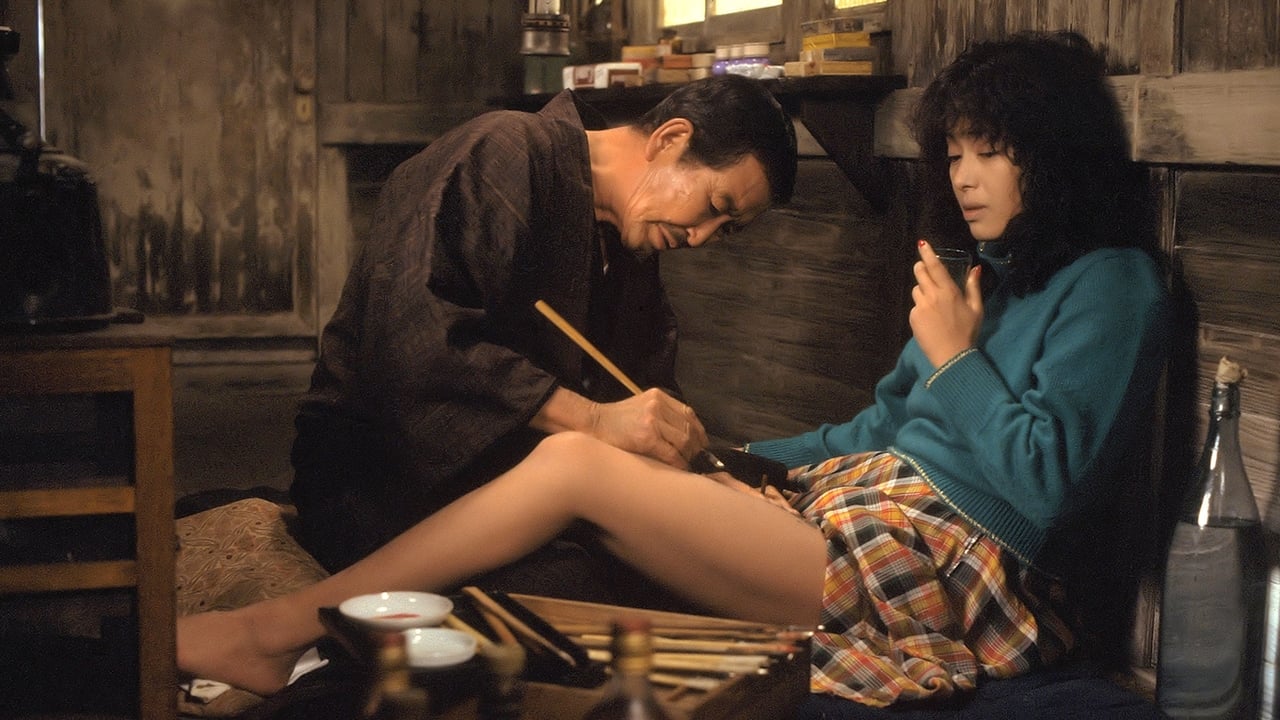
In the movie 'Carmen 1945,' we are taken to the burnt-out ghetto of Tokyo, Japan, in the aftermath of World War II. This is a world where prostitutes eke out a living by selling their bodies, but they hold onto a sliver of hope and optimism. One-third of their earnings are set aside for a proposed dancehall, a place they plan to name Paradise. The setting is grim, but the women's spirit and determination shine through, creating a compelling and intriguing narrative.
The prostitutes in 'Carmen 1945' live in a bombed-out building, a stark reminder of the destruction and devastation caused by the war. Yet, they accept the precariousness of their situation with a remarkable sense of resolve. They have no illusions about the world they live in, but they refuse to let it break their spirit. Instead, they hold onto their dreams and work towards building a better future for themselves. This theme of resilience and determination in the face of adversity is a powerful one and adds depth and complexity to the storyline.
The proposed dancehall, Paradise, serves as a symbol of hope and a brighter future for the prostitutes. Despite the harsh realities of their daily lives, they hold onto this dream and work towards making it a reality. The name itself is significant, as it represents a place of beauty, peace, and tranquility, a stark contrast to the world they currently inhabit. The journey towards building Paradise serves as a powerful metaphor for the human spirit's ability to hope and dream, even in the darkest of times. Overall, 'Carmen 1945' is a compelling and thought-provoking movie that explores themes of resilience, hope, and the human spirit's ability to dream, even in the face of adversity.
Crew of Carmen 1945
Full backstage crew list →- Released on April 09, 1988